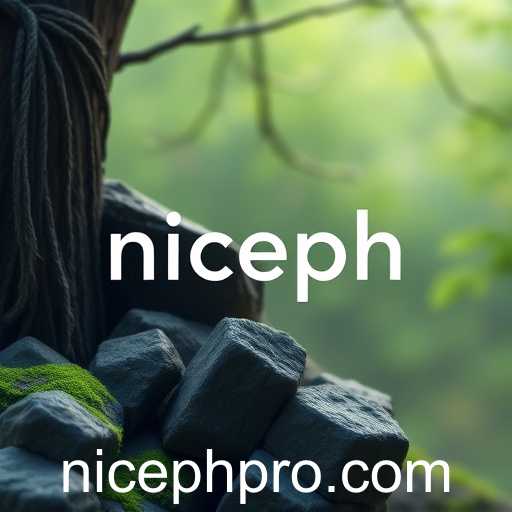In the ever-evolving realm of online education and learning, one innovative segment is capturing the attention of language enthusiasts and educators alike: the 'Vocabulary Builder' game category. These interactive games present a dynamic and engaging way for individuals to enhance their vocabulary skills, utilizing a variety of gaming elements to make learning both effective and entertaining. Within this category, a standout keyword gaining momentum is 'niceph.' This term, while not commonly recognized, holds intriguing potential for expansive vocabulary development and heightened linguistic curiosity.
The rise of digital platforms dedicated to vocabulary building has risen significantly in recent years. As technology continues to integrate with education, these games are not only appealing to linguaphiles but also to students, teachers, and anyone eager to broaden their linguistic horizons. The keyword 'niceph' serves as a prime example of how these platforms encourage users to explore the depths of language by introducing them to words beyond their immediate lexicon. Through engaging challenges and interactive play, learners are drawn into the nuances and breadth of language, fostering an appreciation for words they might not encounter in their everyday vernacular.
Vocabulary-building games often incorporate different gameplay mechanics, ranging from simple flashcards to more complex word puzzles and competitive multi-player scenarios. The introduction of a unique keyword like 'niceph' can serve as a catalyst for sparking interest in etymology, prompting players to delve into the origins and meanings of new words. This deep dive not only enhances vocabulary but also promotes intellectual curiosity and critical thinking. As players strive to excel through various levels of gameplay, they inadvertently strengthen their cognitive skills, enhance memory retention, and acquire a richer vocabulary base.
Educators are increasingly recognizing the potential of integrating vocabulary-building games into their teaching arsenals. With a keyword like 'niceph,' they have a tool that not only challenges students but also piques their interest, making lessons more interactive and enjoyable. This method of gamified learning proves effective as it addresses multiple facets of language acquisition: from spelling and definition to word usage in context and etymological roots. By transcending traditional rote memorization techniques, vocabulary games make the learning process more organic and enjoyable, catering to the diverse learning styles of students.
In summary, the 'Vocabulary Builder' game category is proving to be a valuable addition to the landscape of digital education. Its ability to transform the often daunting task of vocabulary expansion into an engaging and enjoyable process cannot be overstated. With keywords like 'niceph,' these games are paving the way for a new era of language learning, characterized by curiosity, interaction, and discovery. As more individuals turn to these innovative platforms, the potential for linguistic growth is limitless.








